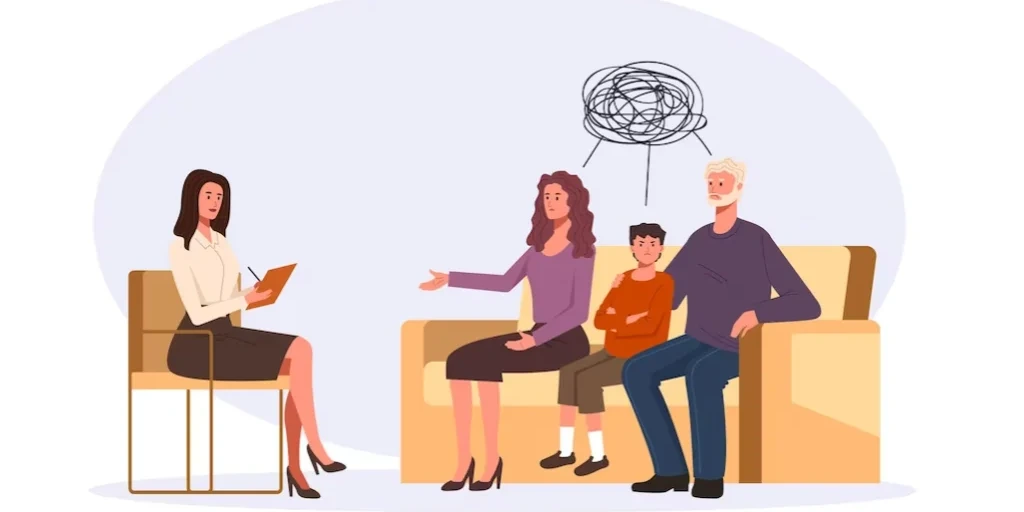24/7 Helpline:
(866) 899-111424/7 Helpline:
(866) 899-1114
Learn more about Dual Diagnosis Rehab centers in Gretna

Other Insurance Options

Sliding scale payment assistance

Humana

MVP Healthcare

Multiplan

WellPoint

Health Net

GEHA

UMR

Magellan Health

AllWell

Carleon

Anthem

Sutter

Optum

WellCare Health Plans

BlueShield

Access to Recovery (ATR) Voucher

PHCS Network

Covered California

ComPsych

CHI Health Psychiatric Associates
CHI Health Psychiatric Associates is a private rehab located in Papillion, Nebraska. CHI Health Psyc...





























































Heartland Family Service
Heartland Family Service is a private rehab located in Papillion, Nebraska. Heartland Family Service...

ABH Addiction and Behavioral Health Services
ABH Addiction and Behavioral Health Services is a private rehab located in La Vista, Nebraska. ABH A...
















